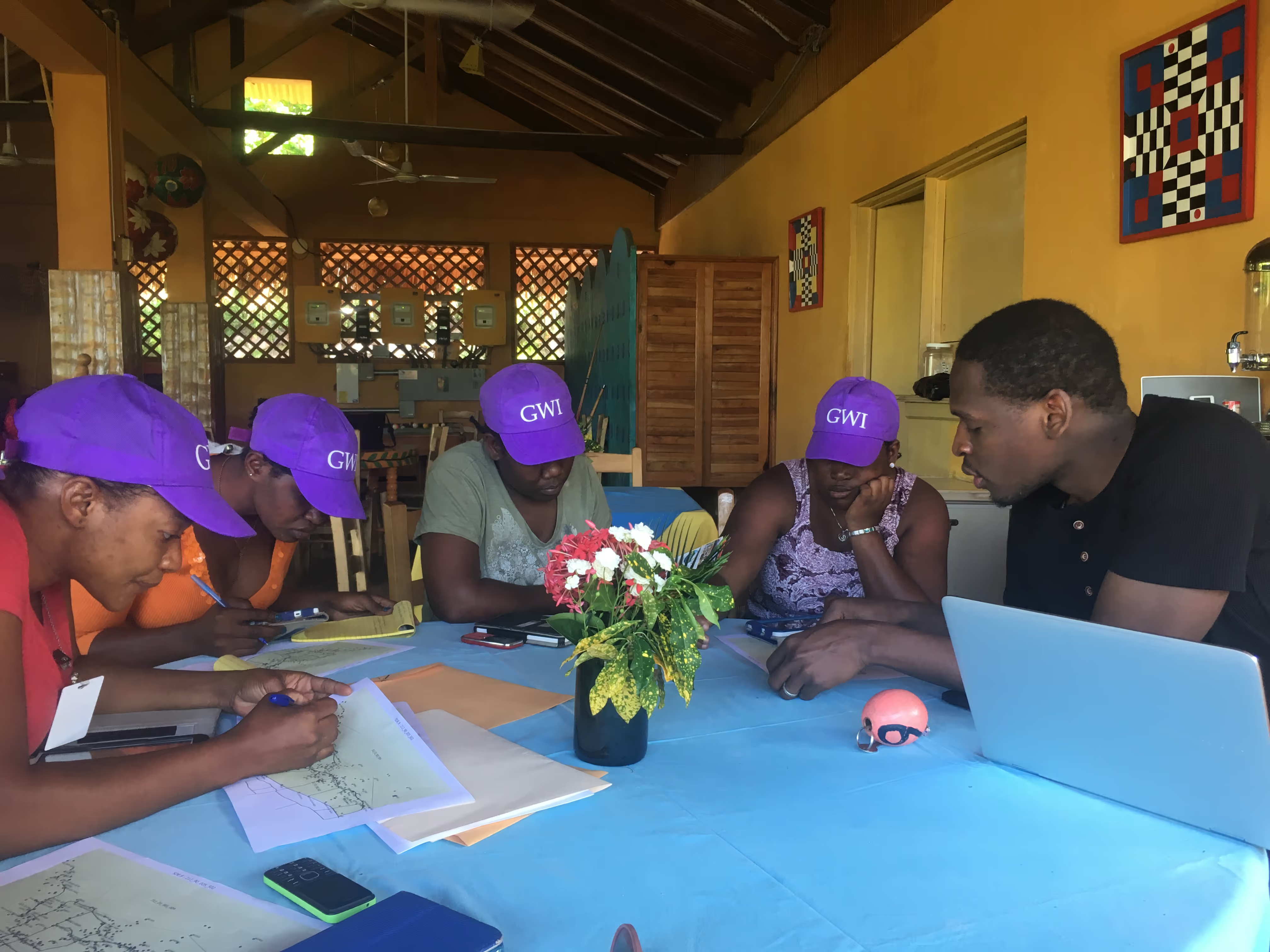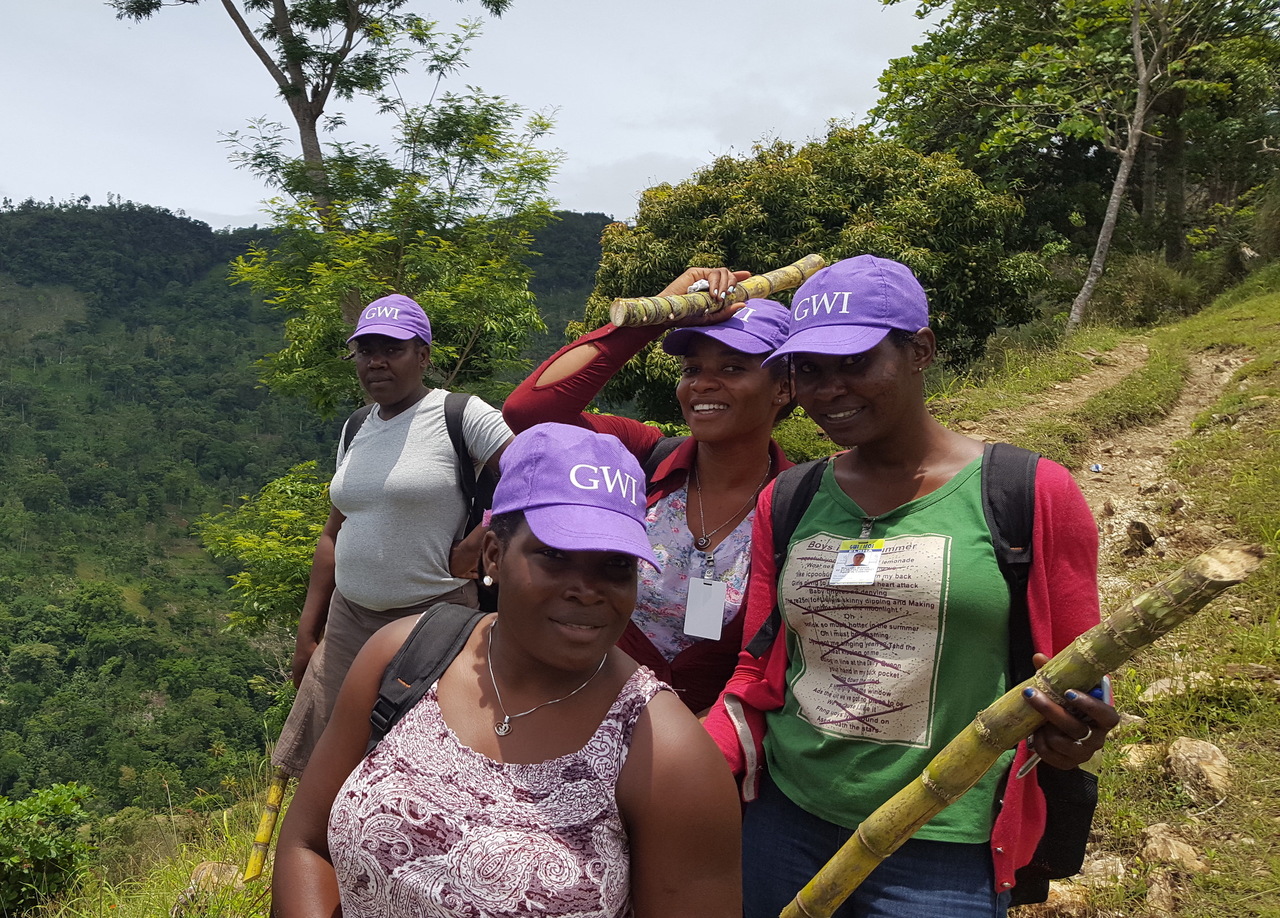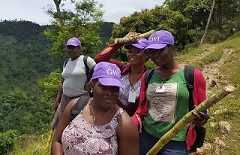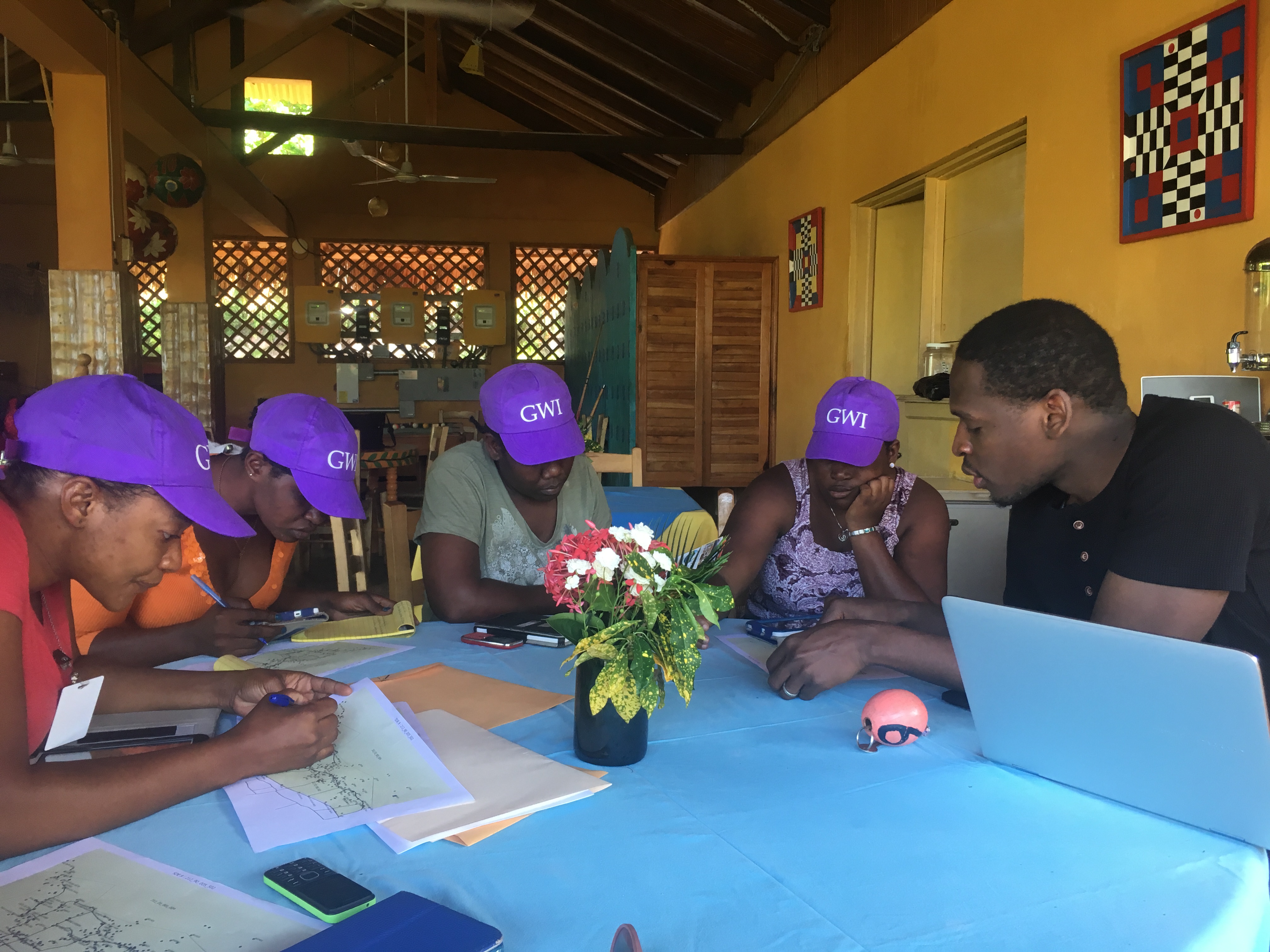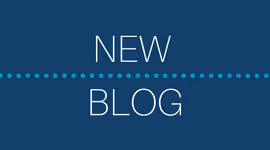Using Small Sample Size Surveys in GBV Programmes
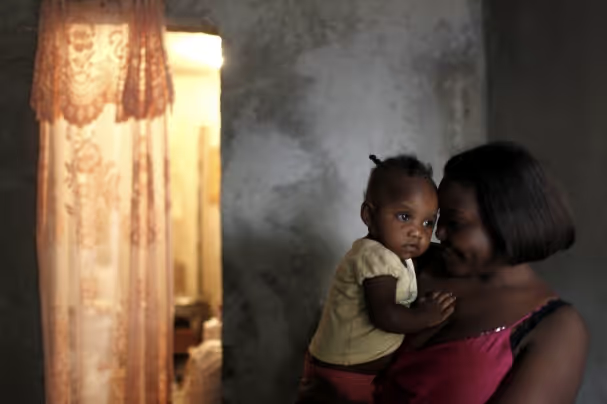
Project overview
The Global Women’s Institute (GWI) is piloting the use of small sample size surveys to measure population-based GBV indicators in humanitarian settings.
Countries
Haiti
Organisations
Global Women's Institute
Partners
Institut de Formation du Sud (IFOS)
Area of funding
Humanitarian Innovation
Grant amount
48482
Start date
08
January
2017
End date
08
March
2018
Project length (in months)
14.2
Project solution
This project offers [specific solution or intervention] to tackle [challenge]. By implementing [strategies, tools, or innovations], the project aims to achieve [desired outcomes]. The approach is designed to [specific actions or methods] to bring about meaningful change in [community, region, or issue area].
Expected outcomes
This project aims to achieve [specific outcomes], such as [measurable results, improvements, or changes]. The expected impact includes [benefits to the target community, advancements in research or innovation, or long-term effects]. By the end of the project, we anticipate [specific changes or milestones] that will contribute to [broader goals or objectives].
No items found.
What is the humanitarian need?
Rigorous surveys that measure the impact of GBV programmes in non-humanitarian settings often involve intensive time, energy and technical engagement of outside researchers. Surveys often must sample thousands of households to estimate rates of GBV and understand programme impact. In humanitarian settings, organizations often lack the time, resources or expertise to implement these large-scale surveys – effectively eliminating the possibility of measuring programme impact within a community.
What is the innovative solution?
Lot Quality Assurance Sampling (LQAS) is a rapid, population–based sampling methodology often used in the health sector. Compared to cluster surveys, LQAS uses smaller sample sizes – which can make it a useful approach for data collection in resource-constrained settings.
While LQAS sampling methodologies have been shown to be promising in other sectors, they have not been widely used in GBV programmes. During this project, the GWI plans to adapt the LQAS methodology for use by humanitarian agencies implementing GBV programmes.
If it proves successful, a small sample size approach may reduce some of the common barriers for collecting population-based data on GBV in humanitarian settings and improve the international community’s ability to measure the impact of their programmes.
What are the expected outcomes?
Using LQAS methodology, GWI and IFOS will conduct a small sample survey in 1 commune of the Sud-Est Department in Haiti. This data will be compared to data previously collected by the research team using a traditional cluster-based approach with a larger sample size.
The research team will compare the survey results generated by the two sampling methods as well as look at costs, human resources and time spent conducting each survey. This will result in a lessons learned paper comparing the two methodologies including recommendations on if and how LQAS methods could be applied for GBV programmes in humanitarian programmes globally.
No items found.
Project delivery & updates
Stay up to date with the latest developments from this project. Here, you will find details on what has been delivered, resources created, and regular updates as the project progresses. Access key documents, reports, and other materials to see how the project is making an impact.
No resources/updates have been published yet for this project. Sign up for our newsletter to stay informed about upcoming publications and updates!
Join our Newsletter
